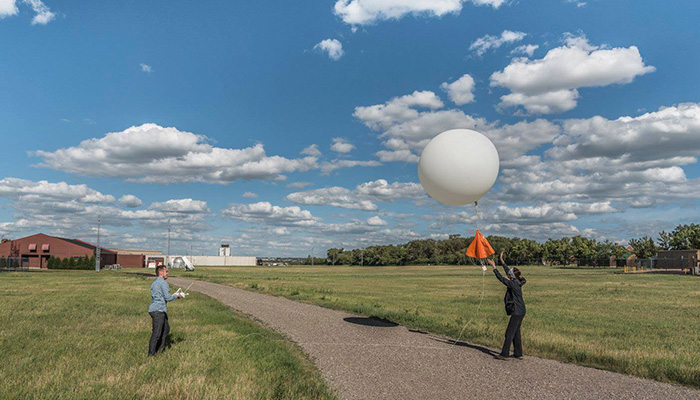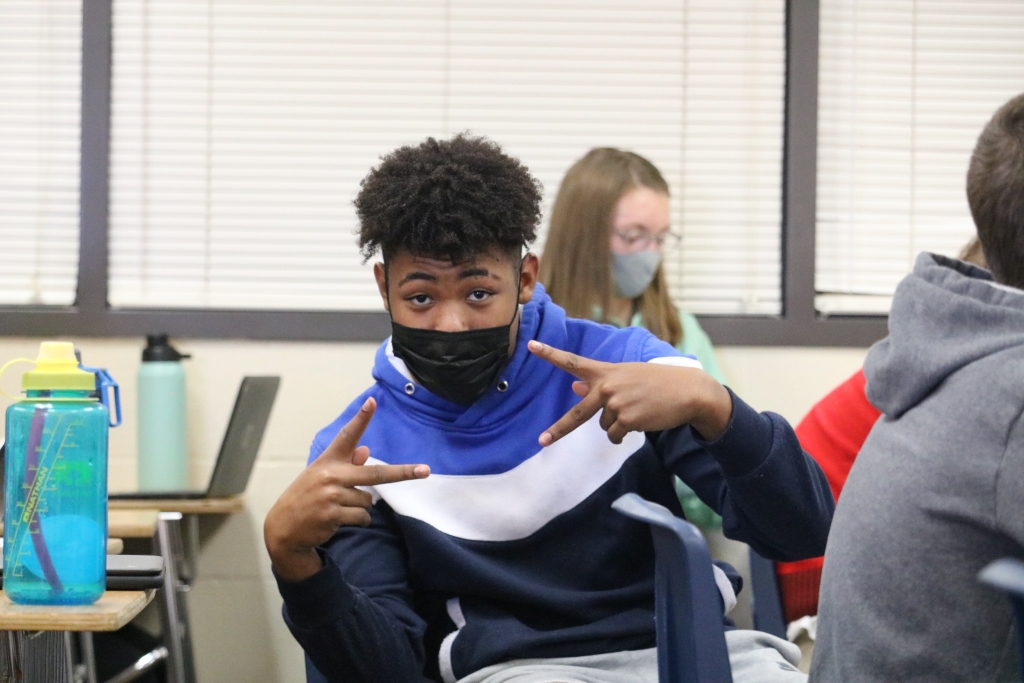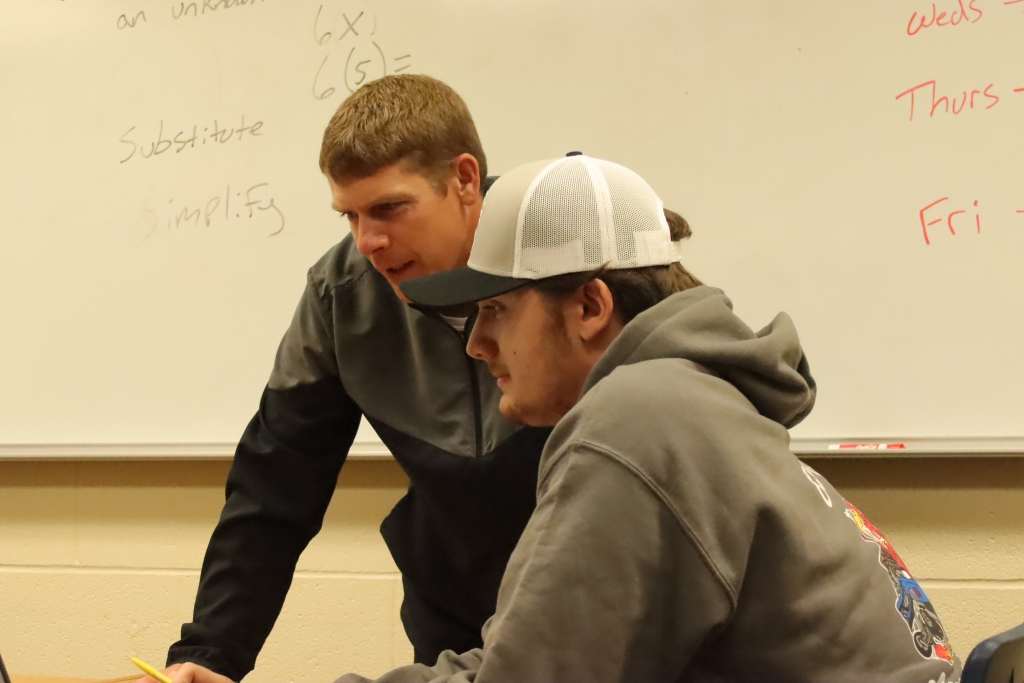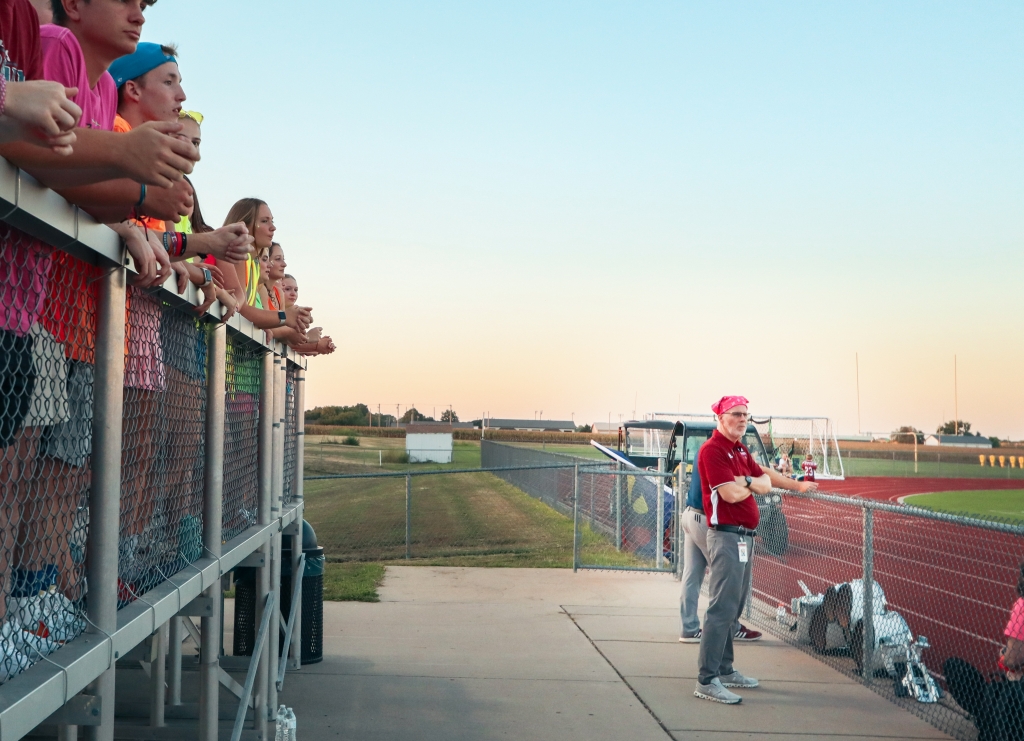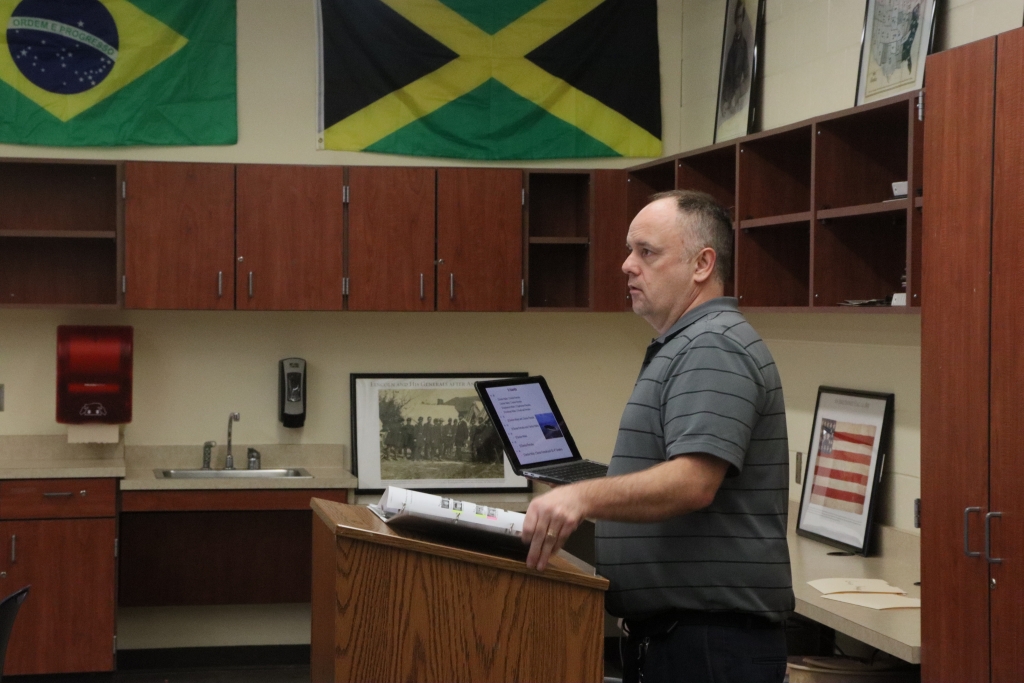Homework Headaches

Story by Hunter Darling »
Everybody has been there: The long nights completing assignment after assignment. But how do teachers decide what work is relevant, and where do they and students stand on the use of homework?
Kori Cadue, Sr., acknowledges that this year balancing homework with her personal life is getting tougher.
“I have to be at work by four, and I don’t get off until… midnight,” Cadue said.
She often struggles to get her homework assignments completed in what little free time she has left.
“I don’t have a personal life,”explained Cadue.
Balancing work and school and a social life can be difficult, but EHS government teacher Dr. Robyn Kelso believes that students need exposure to this for their future as adults, and in college. She does so by giving students more responsibility with their assignments.
“Next year in college you are going to have all this freedom, you need to manage your time,” Kelso said. Kelso chooses to minimize the time she spends lecturing, and expects students to use class time to get assignments done. “In my class, homework is not assigned unless you choose to waste your class time.”
Chemistry teacher Morning Pruitt offered her own advice to students struggling with maintaining their extracurriculars with their school work.
“Step back from leadership roles while still participating in activities. You can still be involved, just decide how big your role needs to be,” Pruitt said.
Pruitt believes that homework is best used with in-class reinforcement and discussion.
“It’s not that they aren’t going to do the homework,” she said, “but they’re not going to get the main concepts and everything. I feel like… hitting those objectives should be a priority for class.”
English teacher Kati Strickland believes that minimizing homework and utilizing class discussion and lecturing is the best way to prepare students for college.
“In my Gen-Ed classes I didn’t have much homework,” Strickland said, “it was mostly studying for tests… and lecturing all the time.”
There are even some teachers who choose not to assign homework at all. Special education teacher Rose Garrison explains that some research has demonstrated that assigning homework outside of Science, Math, and AP classes is not actually beneficial for students.
“In education we have three domains: The cognitive domain which is your thinking process, effective domain, your social and emotional side, something called the psychomotor, your physical abilities, your fine motor skills,” said Garrison. “So when we talk about a full education it would be the improvement of all of those domains. The actual statistical data shows that homework does not show any results in any domain.”
Garrison also believes that activities outside of school are almost as important as school itself.
“When you guys leave school and you go do activities with your friends or you go to work, that is equally as important to your education, your growth as human beings,” Garrison said.”The data tells me it doesn’t produce results and that it takes away from other things kids could and should be doing.”
Biology teacher Eric Magette sees the correlation between the practical use of homework and the scientific data behind it.
“I think we know that homework doesn’t have the academic impact that we used to think it has,” said Magette. “The research tells us that homework does a good job of telling us about a student’s parents education and their socio-economic status – which shouldn’t be our goal in education.”
Teacher Jason Tharp has decreased the amount of homework he gives, but believes that having difficult teachers or classes is useful to students for building a good work ethic.
“I think it is very good for students to be exposed to really demanding teachers.” Tharp said, “I think that having a certain amount of that is a positive. If you are so busy that you need every waking minute, are you using it?”

